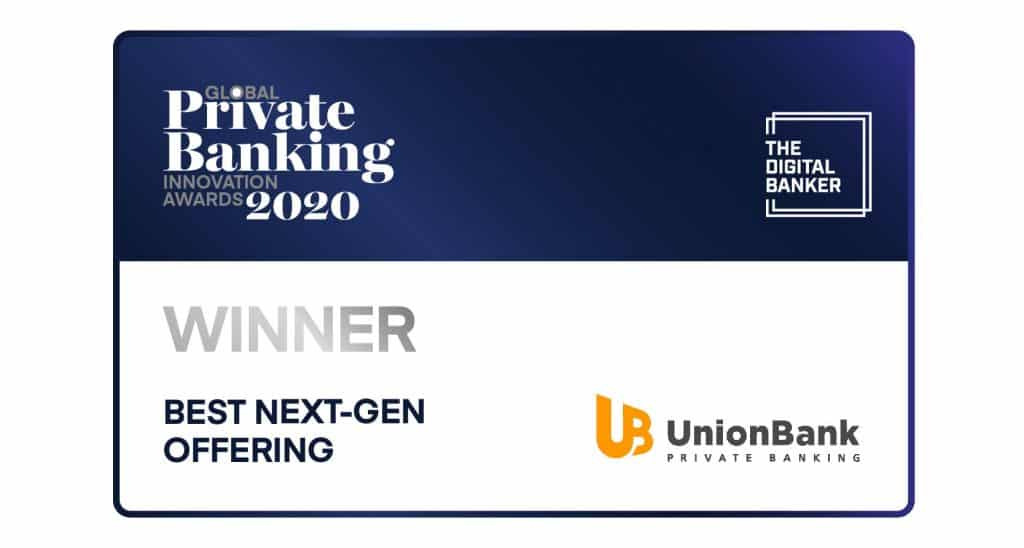The number of mobile wealth management accounts rose from 22% in 2018 to 40% in 2019. They allow users to manage their wealth remotely and effectively. A private bank helps with wealth management but provides a range of other services and benefits as well. They offer personalized service at all hours and let you enjoy exclusive perks.
There are several private bank options, and choosing one can be difficult. There are certain factors to look for before putting your money in their hands. It can also be difficult to begin a career in this field, but the more knowledge you have, the easier it will be.
Read our private banking guide to learn the benefits it provides and how to enter it as a client or account manager.
Private Bank Benefits
A private bank’s primary purpose is wealth management. It helps keep money in the right place and makes investment easier.
These are not the only benefits that private banking provides or the only reason you may choose to join one. There is a range of other benefits offered as well.
When you join a private bank, you’ll get connected to a skilled account manager. They can handle all your financial assets while providing personalized service.
The account manager can also easily connect with other professionals such as wealth management specialists, investment analysts, and tax attorneys.
A private bank also allows you to diversify your investments. Your account manager can put your wealth into ESG or Environmental, Social, and Governance investments. They can also manage your non-financial assets like real estate and natural resources, negotiate leases and contracts, facilitate inspections, and communicate with tax, accounting, and/or legal professionals.
A private bank gives you access to your banker at any time and place using apps and chat services. They also keep your assets private.
A private bank may also include concierge and premier travel services. They can educate you and your heirs and make business travel less of a hassle.
Private banks offer price reductions that can save you a great deal of money. These discounts include free checks and savings of up to $300 per year on a safe-deposit box.
Most private banks offer a range of other perks such as:
- Loans with low annual percentage rates
- Savings accounts with higher annual percentage yields
- More commercial financing options
- Senior underwriting support
- Priority loan processing
These benefits and more explain the rise in private banking.
Starting a Career in Private Banking
Working at a private bank offers several benefits over other financial careers such as stockbrokers and investment bankers. These include high income potential, shorter hours, reduced stress, and stronger professional relationships.
Remember that most clients who join a private bank have a great deal of wealth. They are typically classified as either high net worth or ultra-high-net-worth.
You’ll also have to have a range of skills to begin a career in private banking. You should be familiar with wealth management, estate planning, taxes, portfolio management, and any other tasks your client requests.
There are also several steps you must complete to begin your career. They include education, experience, networking, certifications and licenses, and getting a job.
Education
The first thing you’ll need is an undergraduate degree, preferably with a focus on finance. Options include business administration, economics, and other related degrees.
Experience
Follow up your education with experience. Look for internships in a private bank and get all the experience you can in banking, investments, and related fields.
Networking
Networking is another important task. Meet up with potential clients, bankers, professors, and anyone else who can help you advance your career.
Certifications and Licenses
Certifications will make you a more attractive candidate, and there are several options to choose from. T
The Wealth Management Institute or WMI offers a 10-week Wealth Management Private Banking Programme and an associated certificate. The Globecom Institute offers a 9-month course and certificate in Private Banking and Wealth Management and a 3-4 month certification in Operations Investment Banking and Securities Markets.
You’ll need to get licensed before you can begin a career in private banking. You can obtain a Series 6, Series 7, Series 63, or Series 65 license by passing an exam. They differ in the services they allow you to perform and how much you can charge for them.
Finding a Job
Find a job by sending out as many resumes as possible and networking with professionals in the field. You can also start your own firm if you already have a large client base.
These steps are the basics of beginning your career, but you may be able to break tradition. Try moving from another financial field into the private banking industry.
Finding The Best Banking Services
There is a range of private bank options to choose from. They differ in the services they offer and the fees they charge, which can make choosing the best bank difficult.
When deciding where to invest your money, you should look at a variety of different factors. Look for proof of quality, past experiences, and the services offered.
The experiences of past clients can help you choose the best private bank. Look for testimonials that suggest clients have had positive experiences with qualified account managers in the past.
There are also ways to find proof of whether or not you’ve found a high-quality option. Look for things like bank awards and stay away from banks with blemishes like lawsuits.
The best investment bank offers the full range of services you require at the best possible price. Compare all the options and see where you can get everything you need at the most affordable price.
How Can I Join a Private Bank?
Everyone wants to keep their money safe, especially those with plenty of wealth and investments. This is where a private bank comes in.
Joining a private bank gives you access to a qualified account manager at any time of day. They’ll manage your assets, keep them secure and private, and offer several other perks.
If you’re a high-income earner with a large portfolio of investments, a private bank can provide an account manager to look after them for you. If you’re a qualified financial expert, you can begin a career in private banking to help others manage their money.
The more you know about the private banking industry, the better you’ll be able to enter it or use it to manage your wealth. Contact us for more information today.



